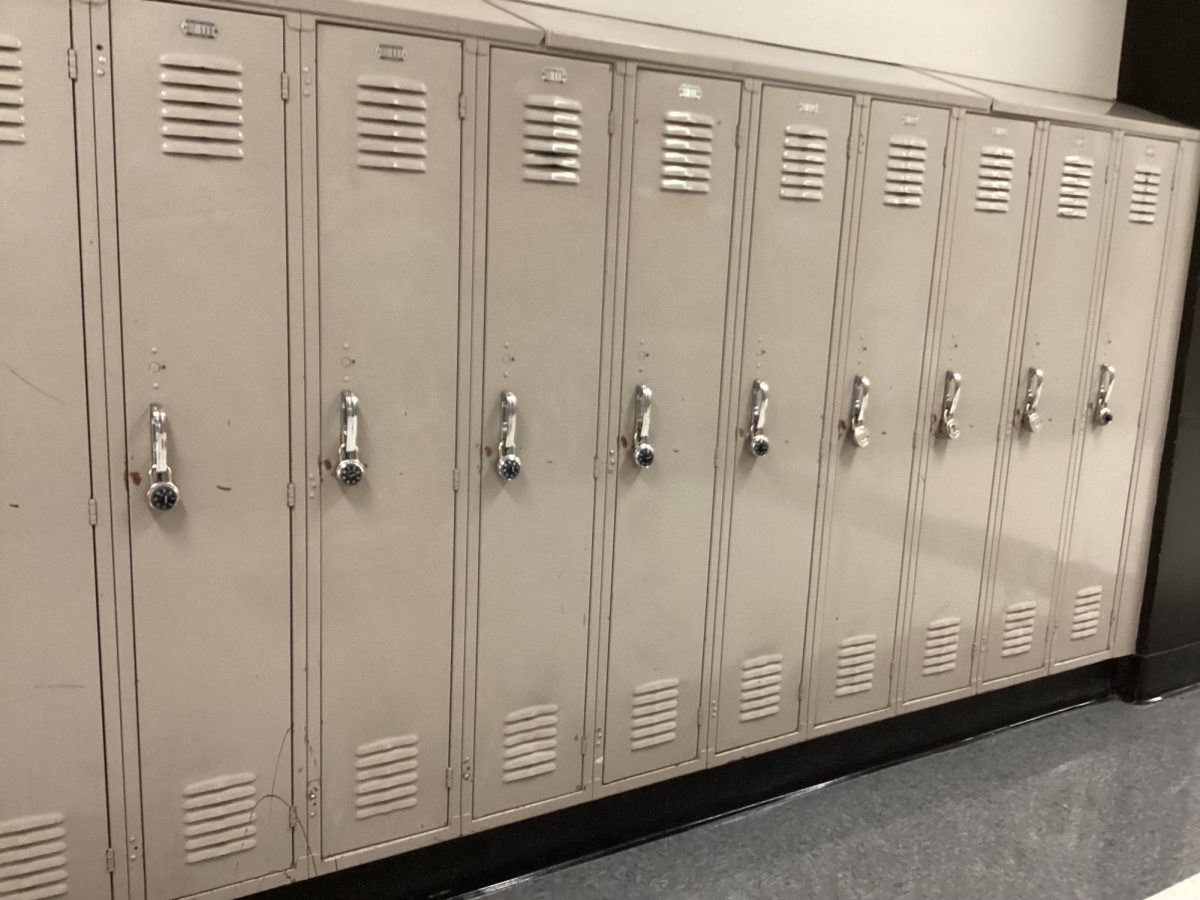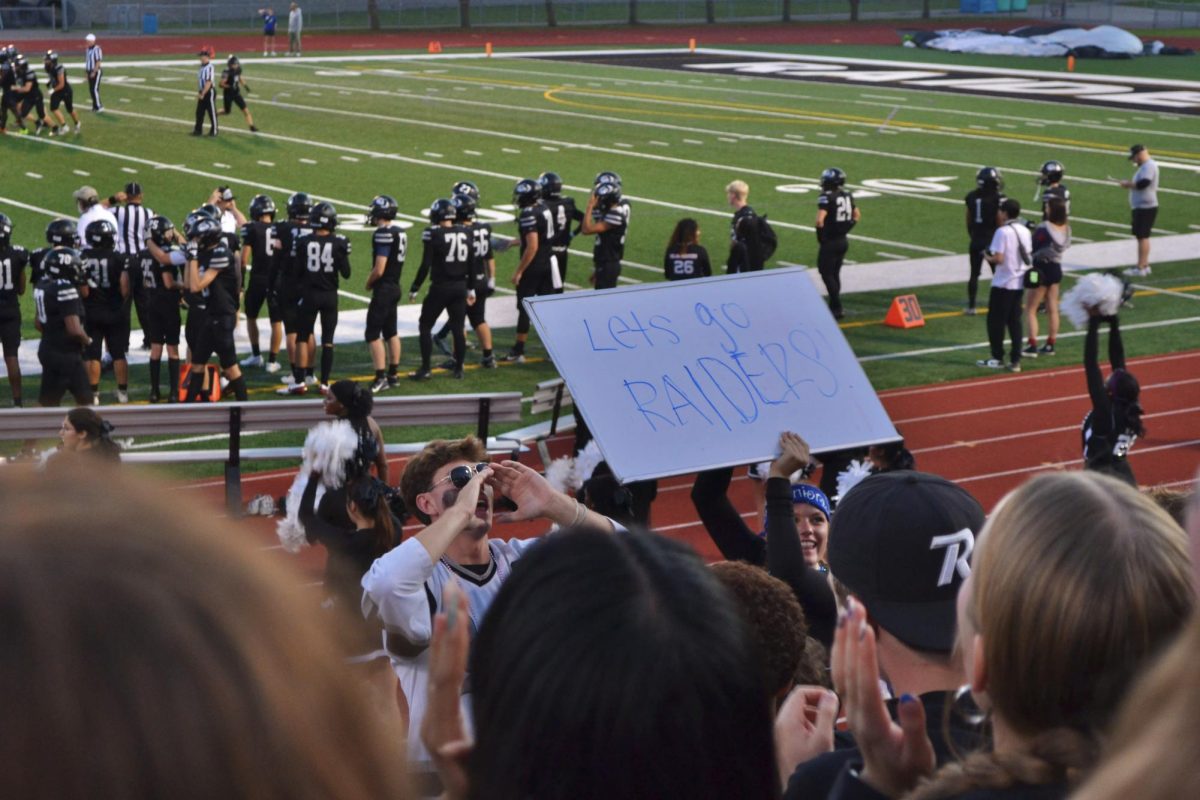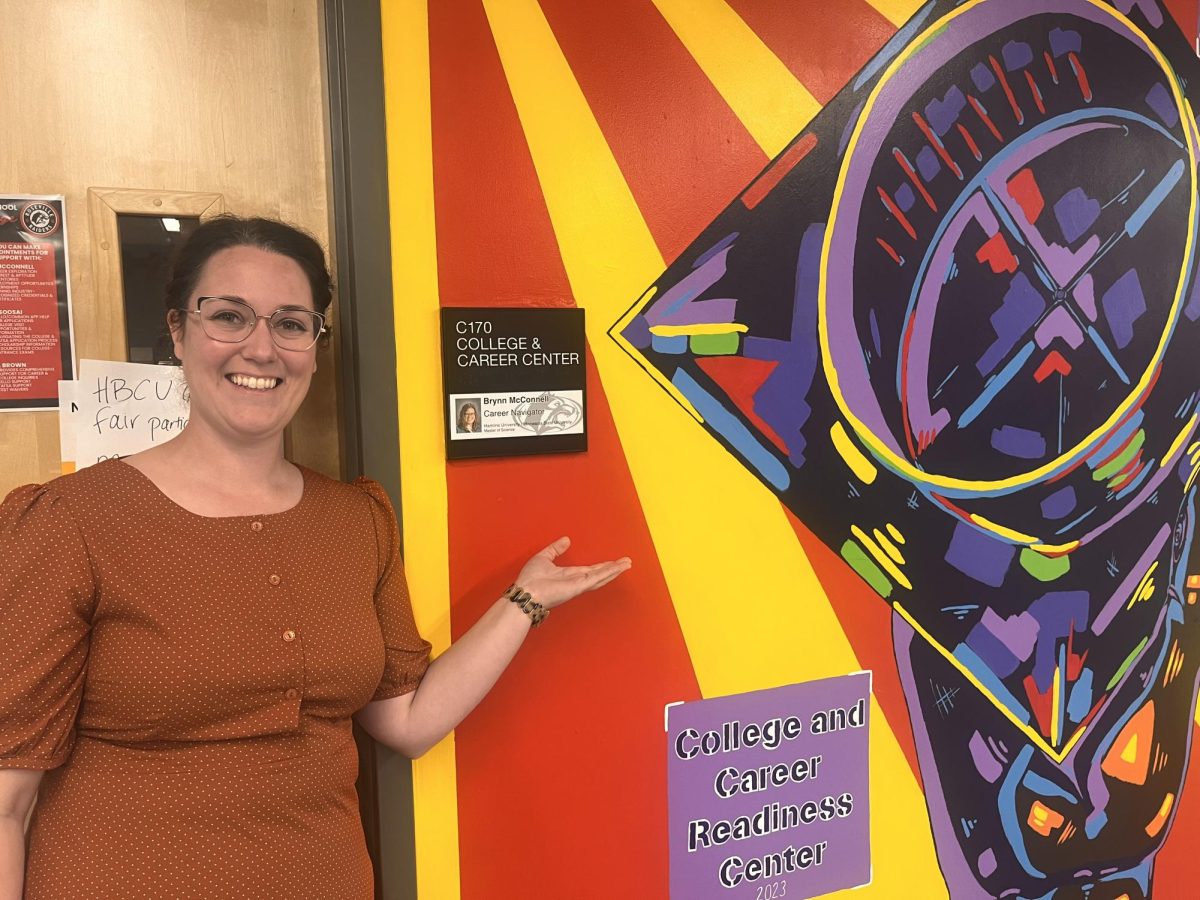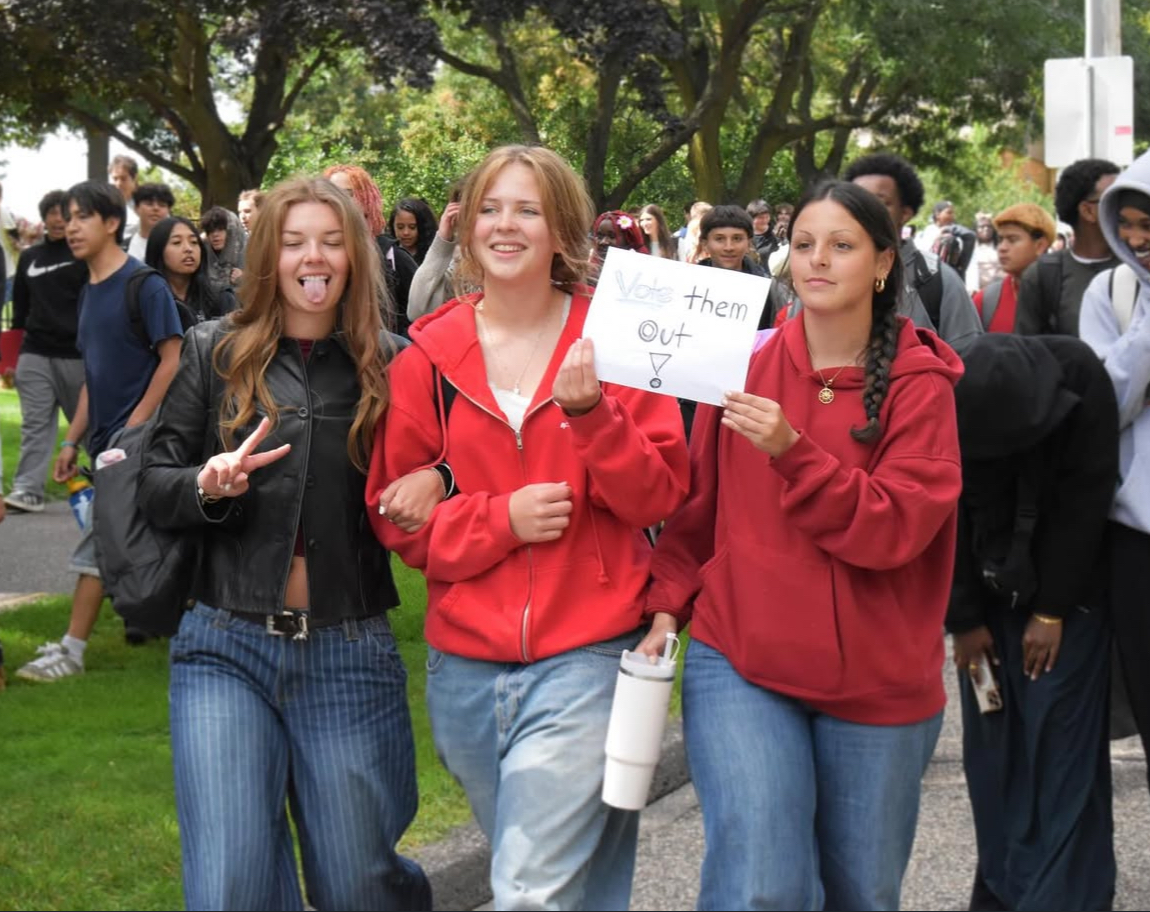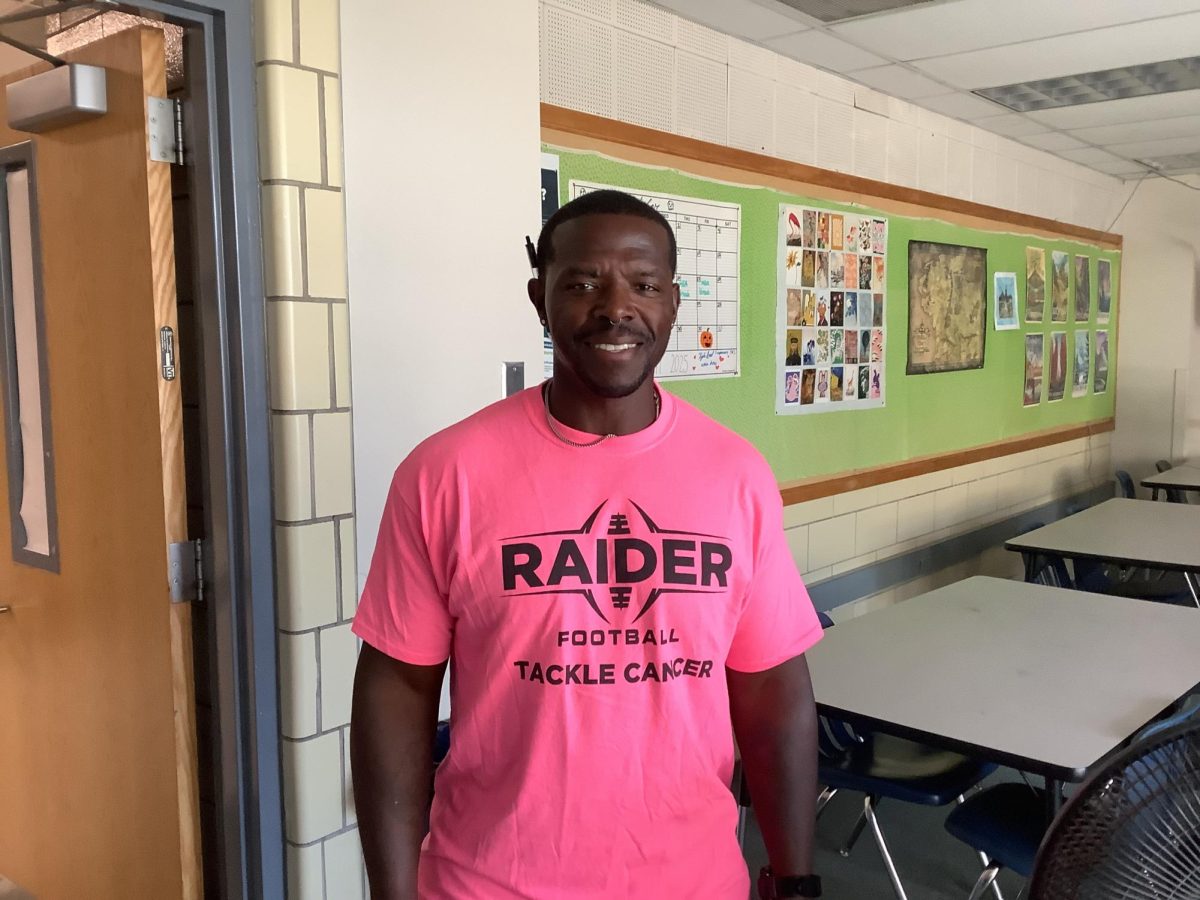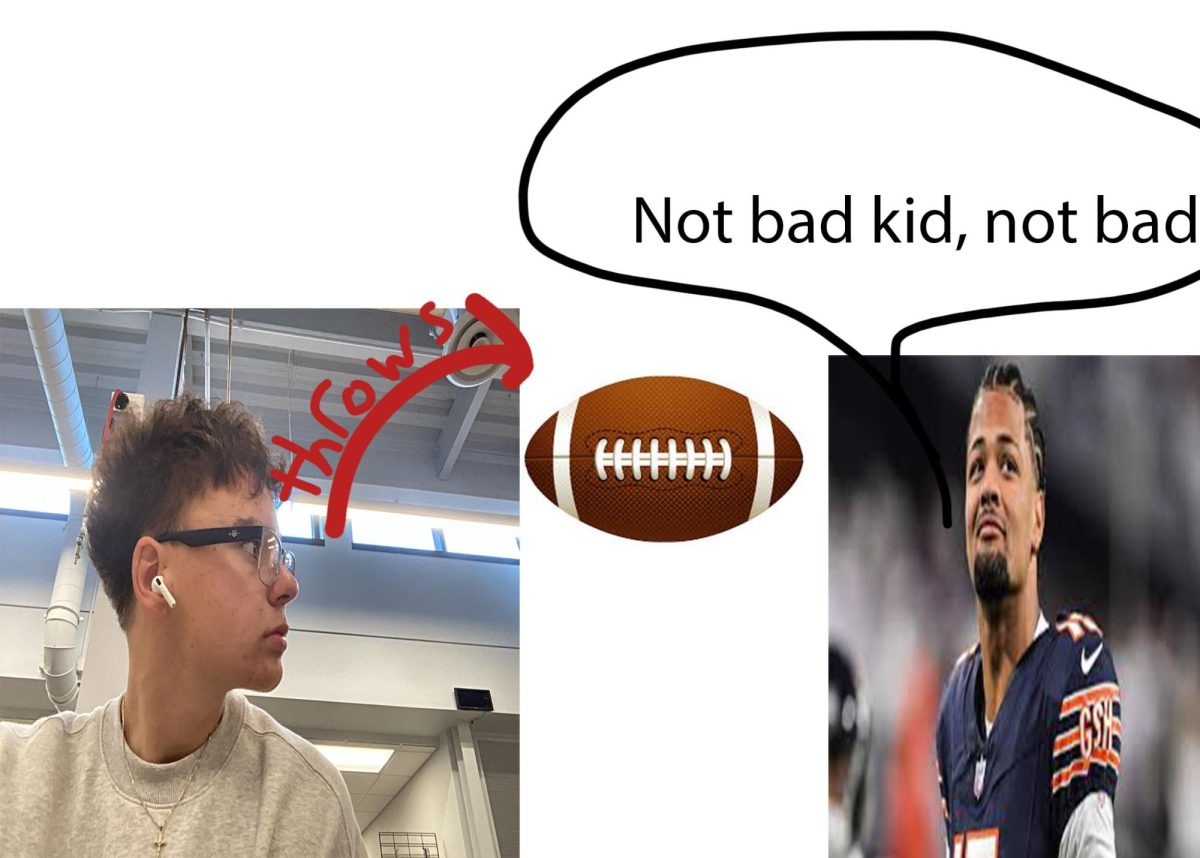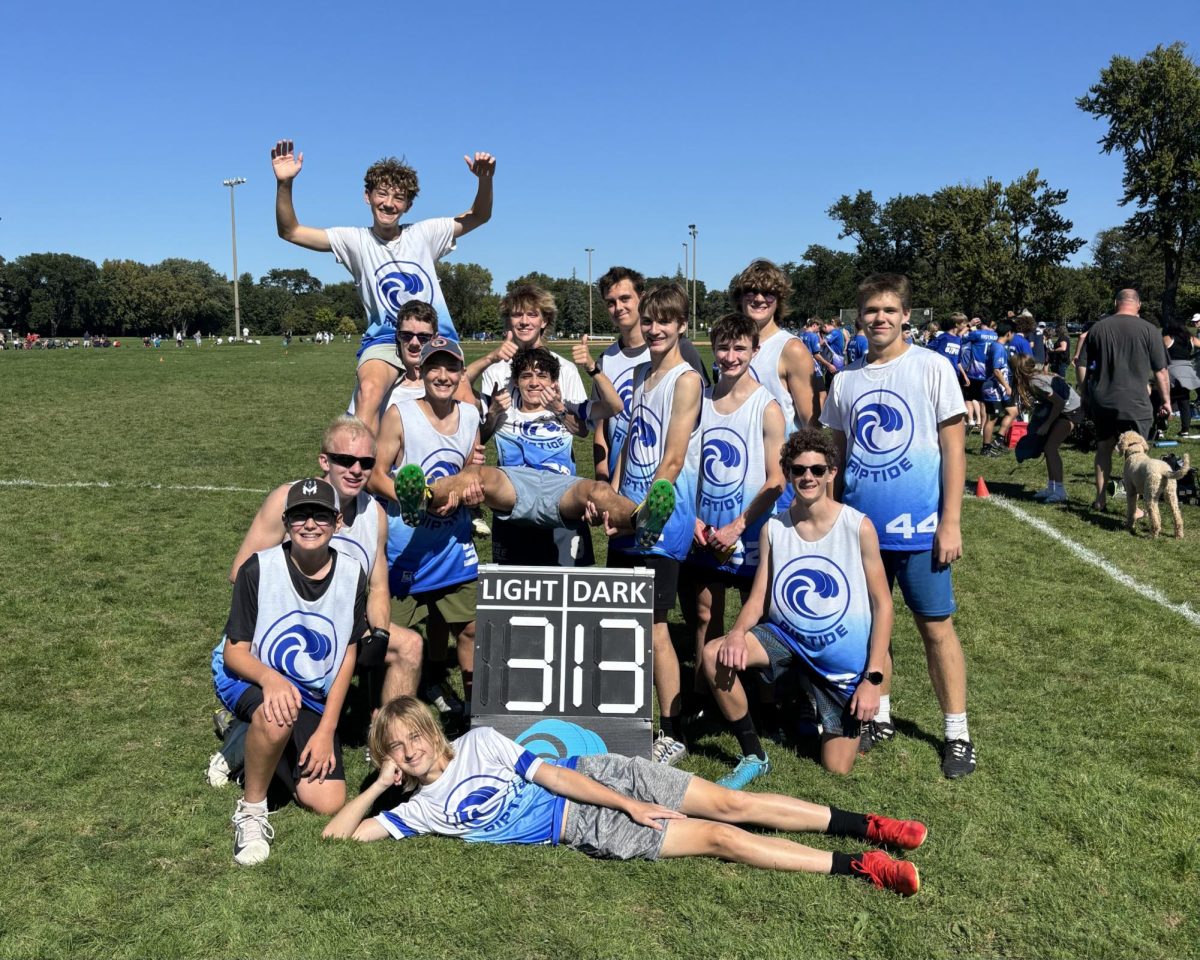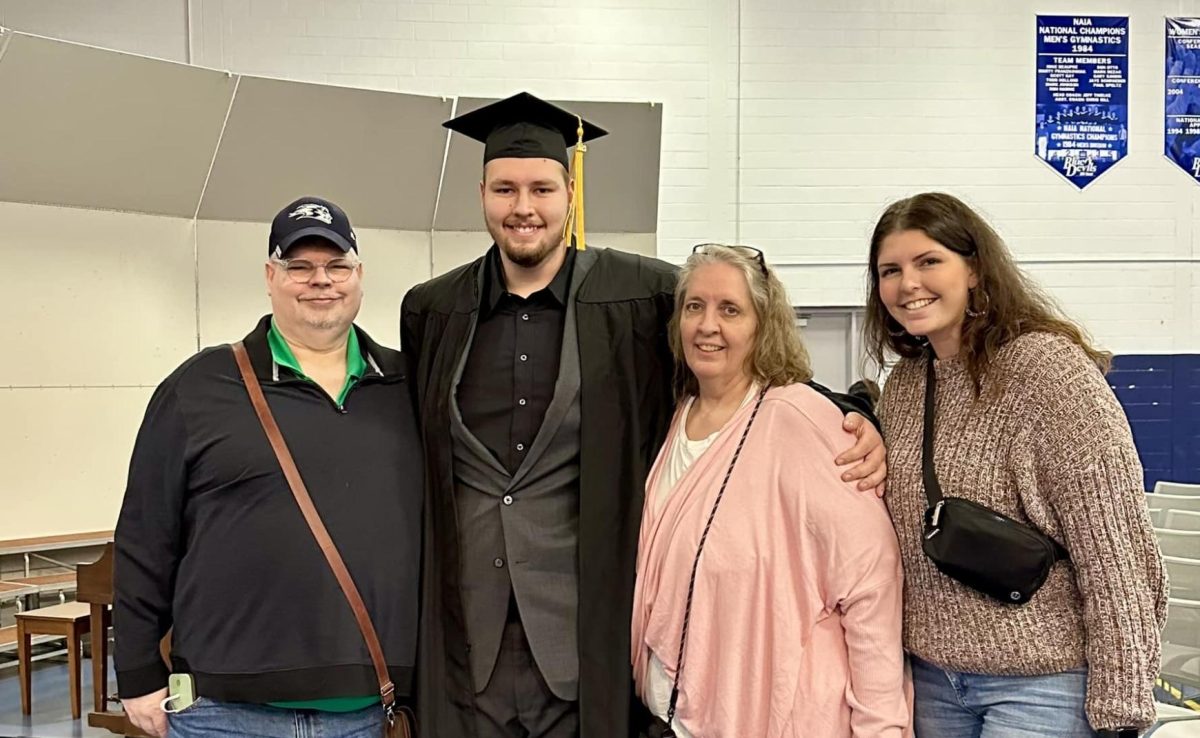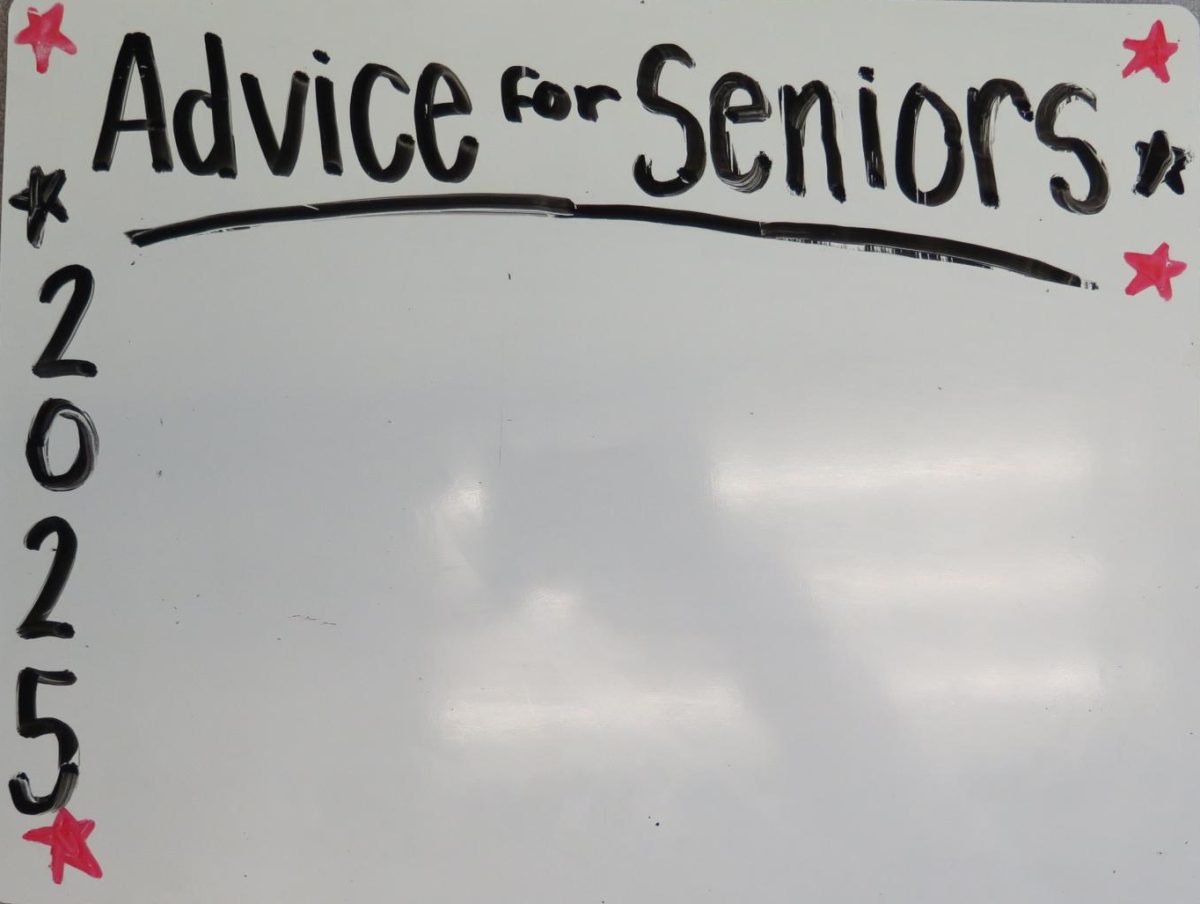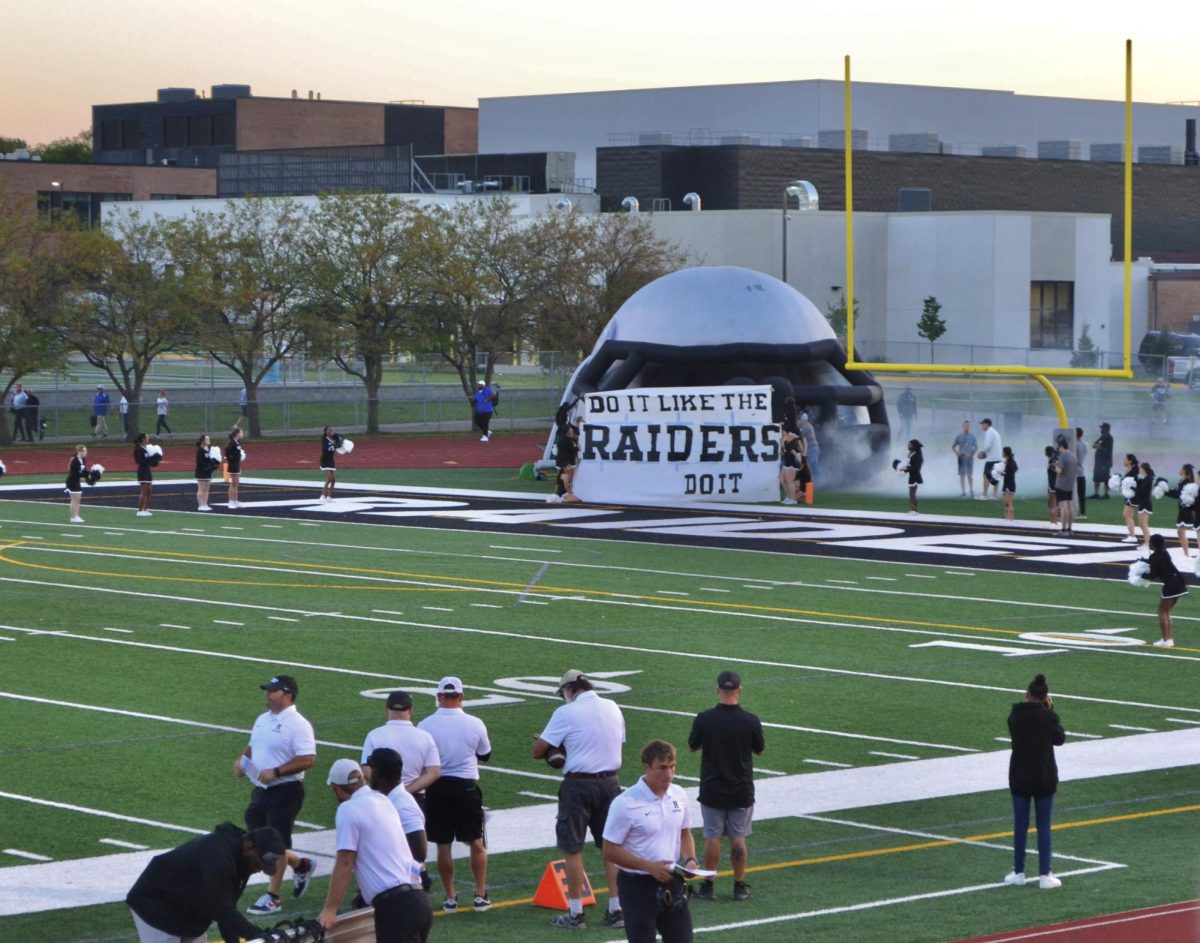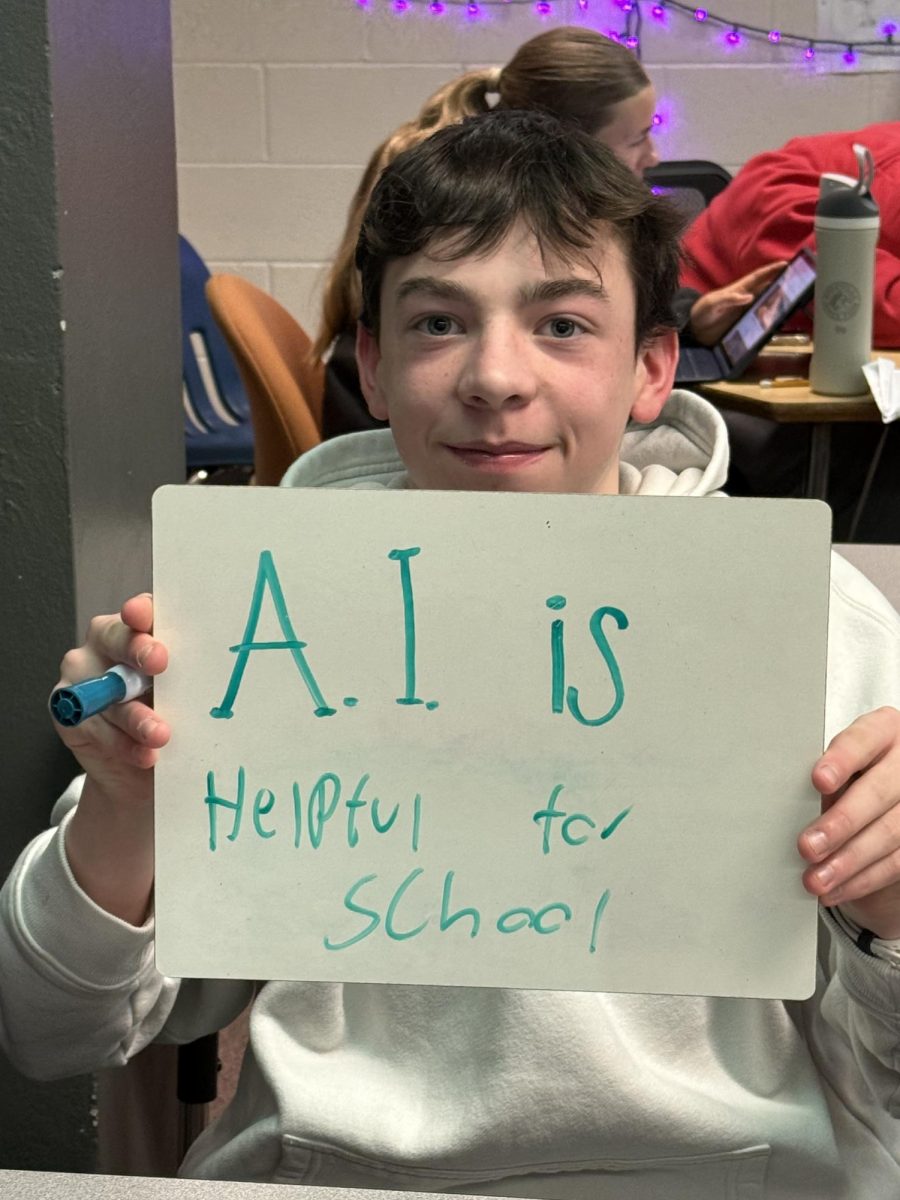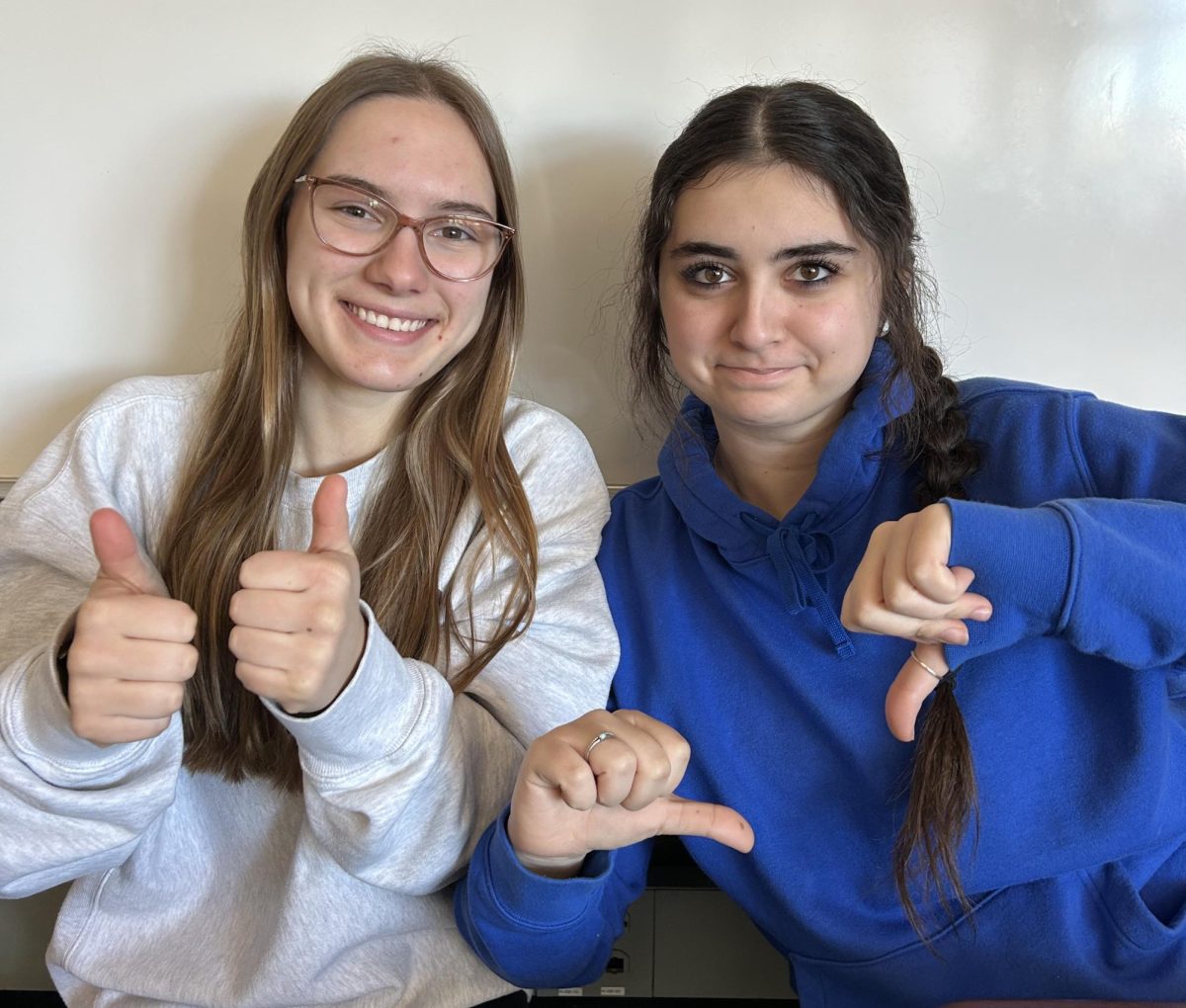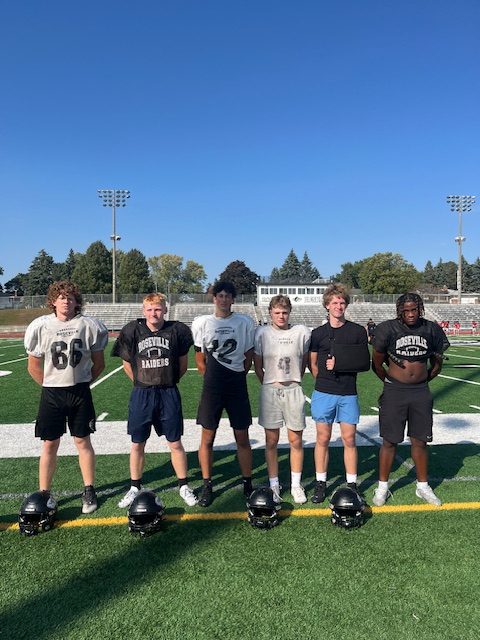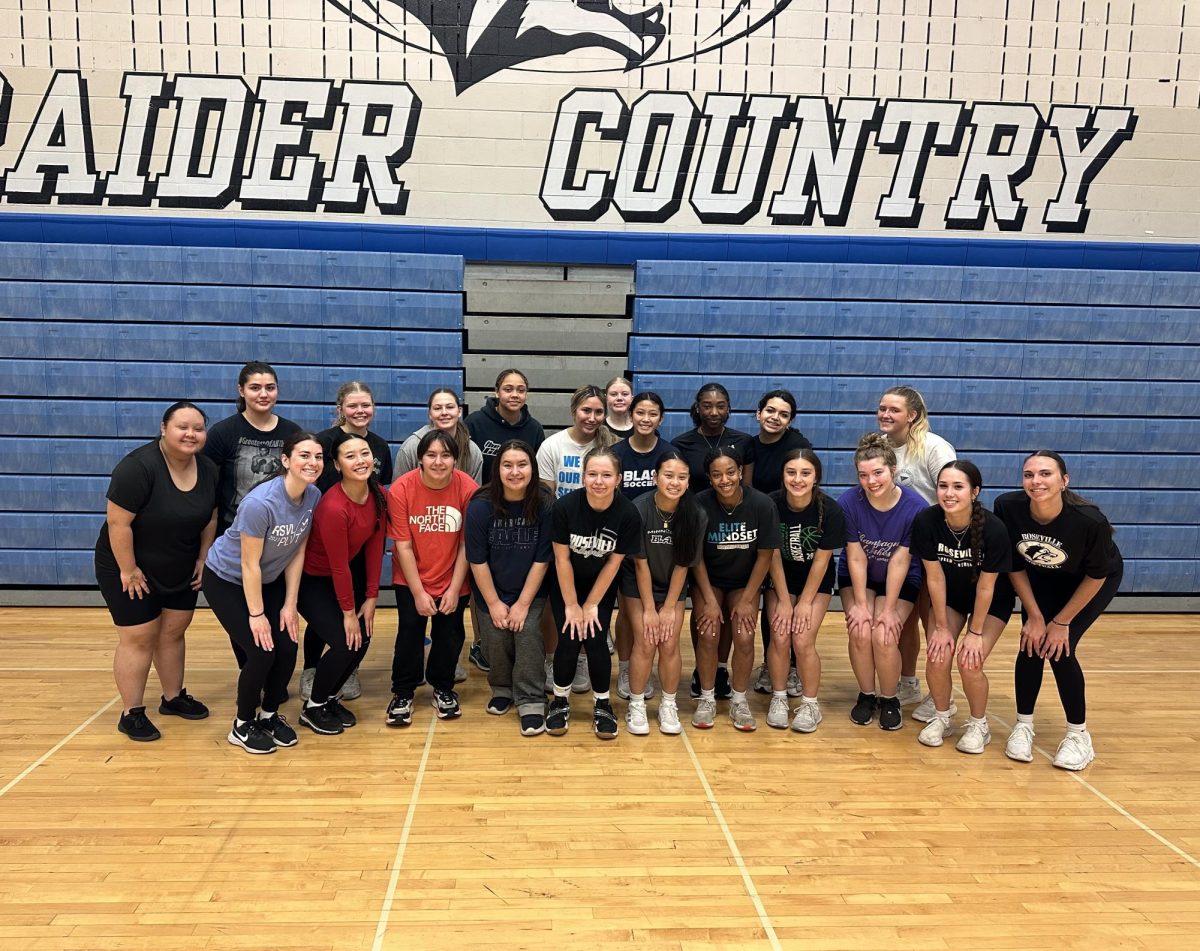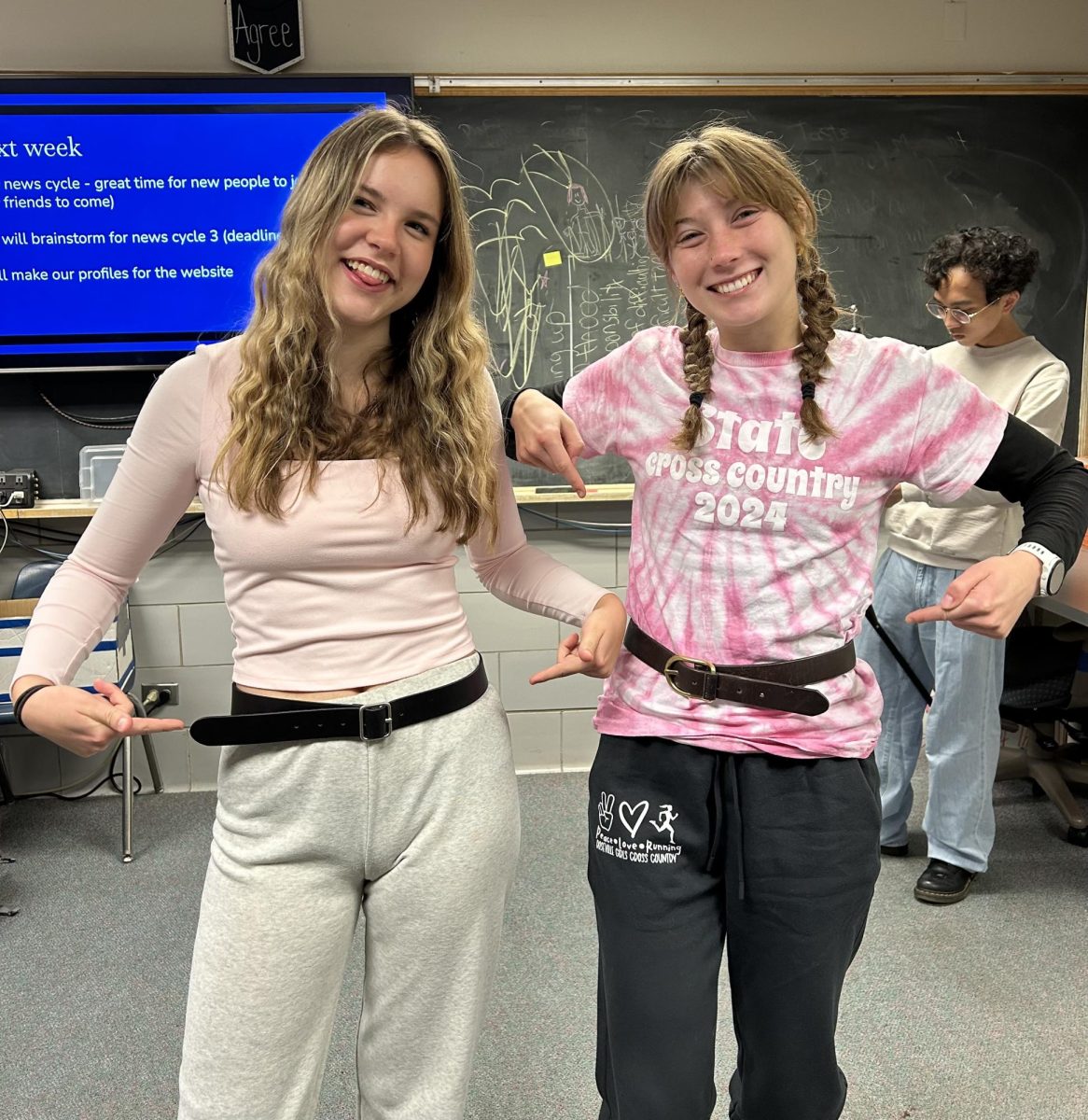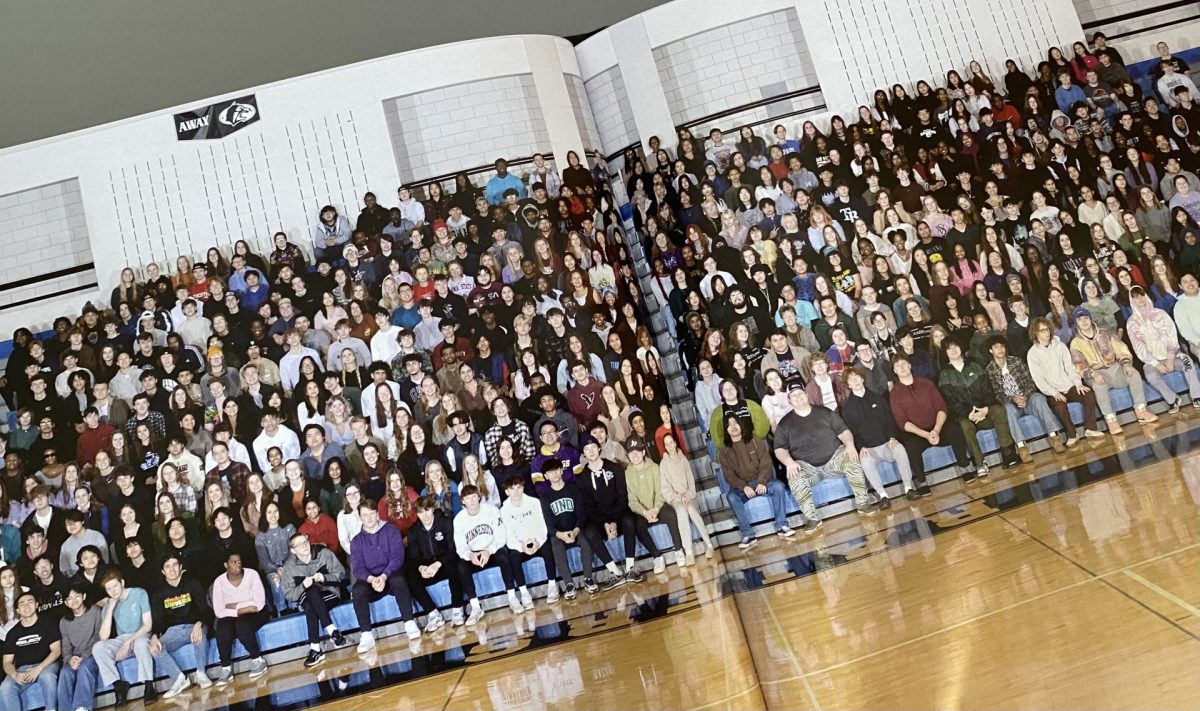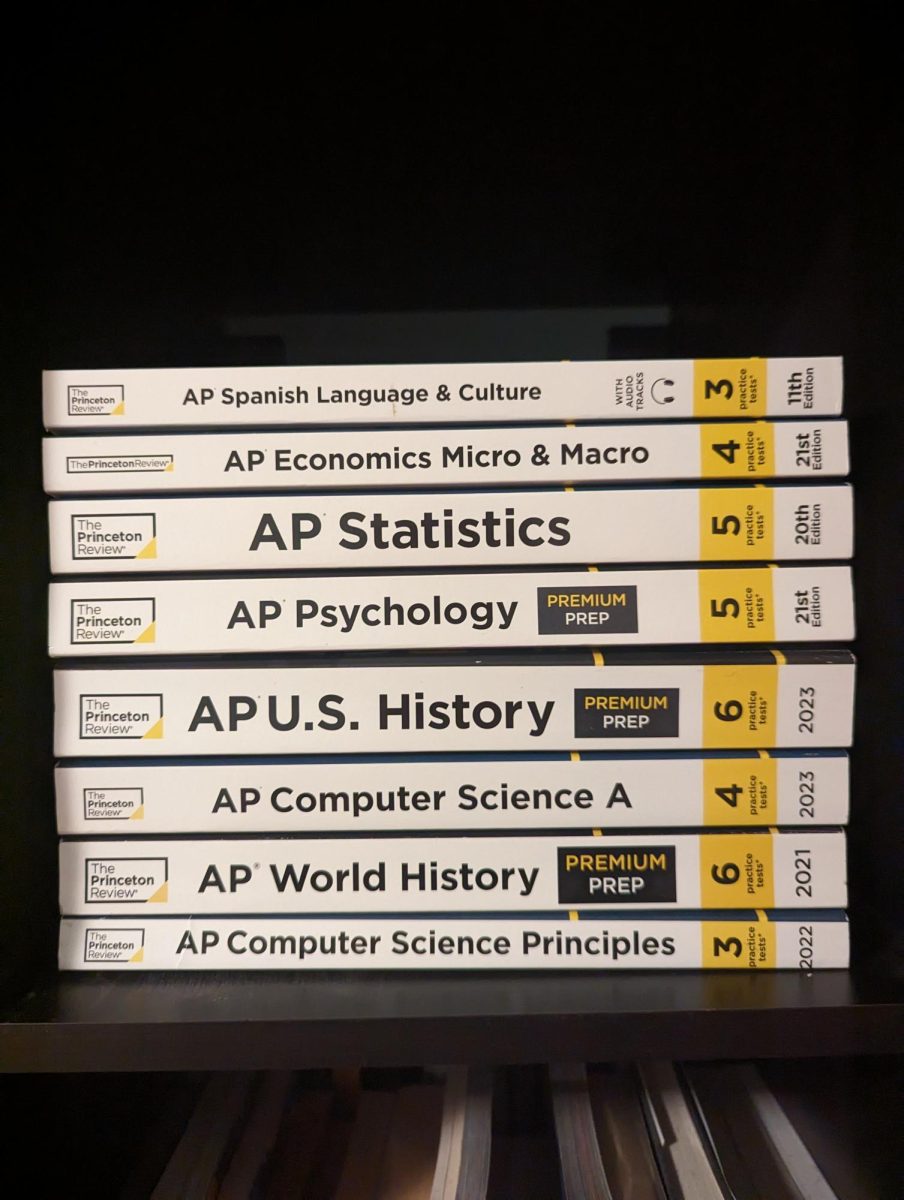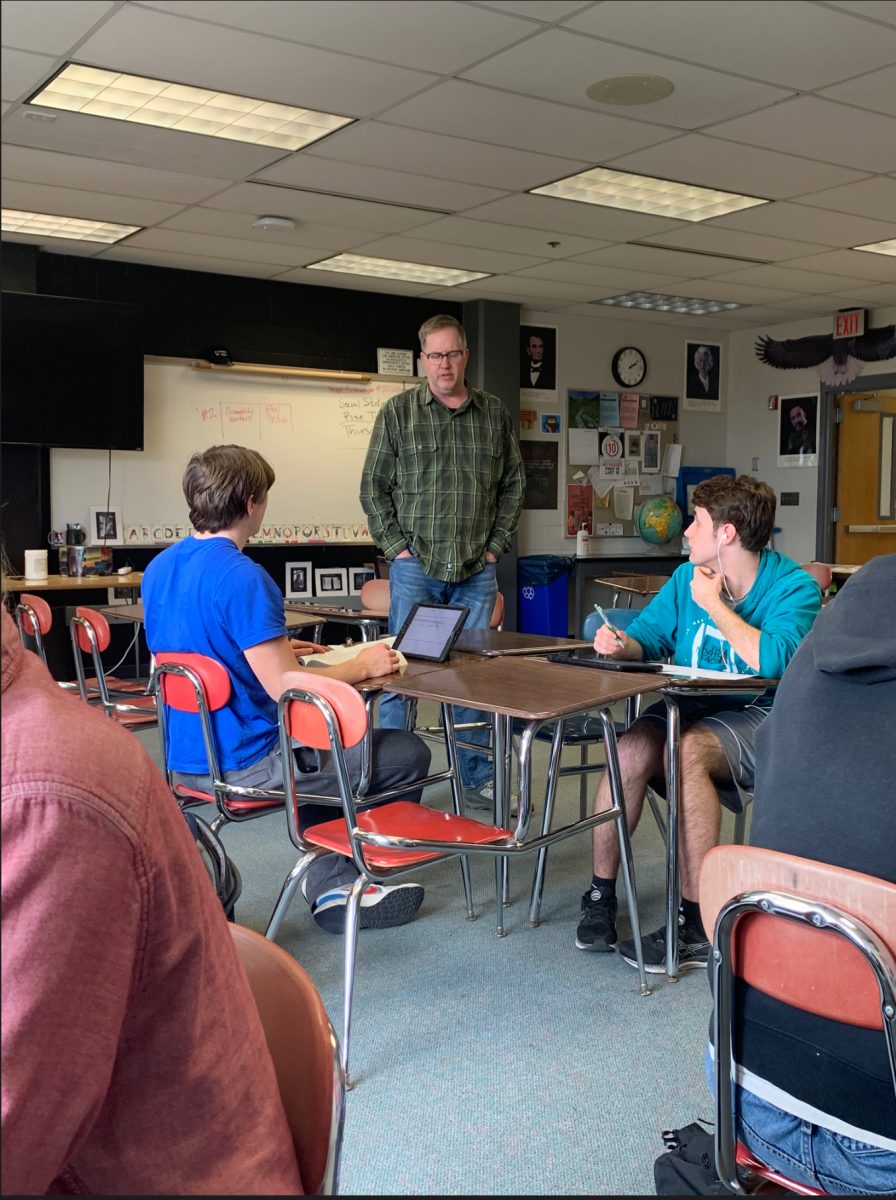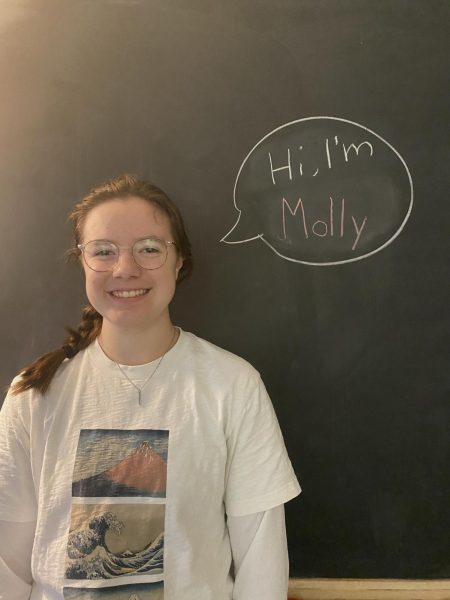When students have a deeper personal relationship with their teachers they learn content quicker and understand it better. Due to RAHS’s large student body some students find it difficult to connect with their teachers.
According to the American Psychological Association, “Positive teacher-student relationships draw students into the process of learning and promote their desire to learn.”
As Senior Mack Jorgensen said, “I am more engaged in the lessons of teachers I like”.
One of the reasons that students seem to learn better with teachers they know better is their willingness to seek out help. As freshman Jane Seifert said, “If I get a teacher for multiple trimesters or feel close with a teacher, I feel better in a class. I especially feel better about asking or answering questions.”
One of the difficulties at RAHS in creating a strong teacher-student bond is how quickly a student may switch teachers. Due to the trimester schedule, students may only spend three months with a teacher before switching to a different teacher, even for the same subject.
Another factor that influences how close students feel to a teacher is class size. A class of 8 students will bond much more closely than a class of 36. Jorgensen said, “I feel a lot more comfortable in smaller classes than in larger ones. In smaller classes I am able to talk to classmates and connect more personally than I would otherwise.”
Despite potential scheduling conflicts and large class sizes, teachers at RAHS do a good job building relationships when they can, especially when given the opportunity to teach smaller classes for a longer period of time. An example of this is in higher-level classes, particularly for seniors.
Smaller classes also make a better learning community among students. Jorgenson commented, “In a smaller class I feel a lot more comfortable answering questions and speaking in front of the class in group discussions.”
It is essential for learning that teachers and students are able to build a foundation of trust. According to Education Northwest, “When teachers make an intentional effort to get to know each of their students, it can foster in students a sense of belonging and connection to school—which can then build a foundation for academic success.”

